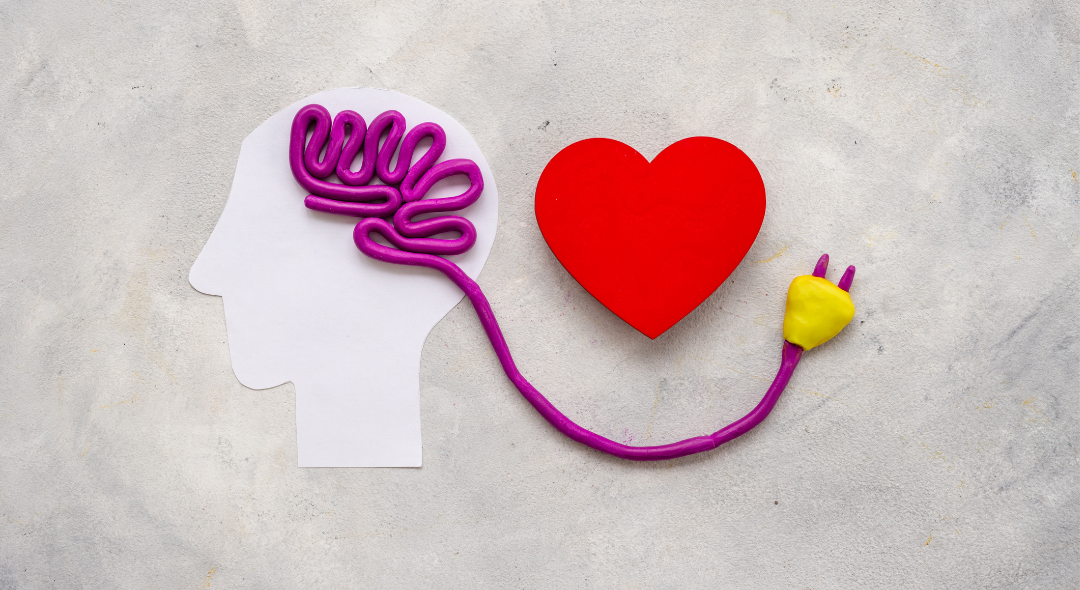Healing is a journey, not a destination. It’s not about fixing what’s wrong with us but rediscovering what has always been right within us. Often, we carry the weight of generational patterns, societal expectations, and past experiences that shape our behaviors and beliefs. But as we begin to unlearn these patterns and embody love, we take the first steps toward true self-acceptance and healing.

Understanding the Process of Unlearning
Unlearning is not forgetting. It is the conscious decision to challenge deeply ingrained patterns that no longer serve us. These could be behaviors passed down through generations, coping mechanisms that protected us in the past, or limiting beliefs that hinder our growth.
Unlearning is a brave act because it requires us to face the uncomfortable truths about ourselves. It asks us to acknowledge the harm we’ve endured or caused and to take responsibility for rewriting our narratives.
The Power of Self-Compassion
In this process, self-compassion becomes our most important tool. When we say, “There’s nothing wrong with the core of who I am,” we remind ourselves that healing doesn’t mean becoming someone new. It means peeling back the layers of harm and doubt to reveal the love and worthiness that has always existed within us.
Self-compassion allows us to see ourselves as human—flawed, yet deserving of love and kindness. It gives us the courage to forgive ourselves for past mistakes and to approach each new day with hope and purpose.
Embracing Love and Healing
Healing takes time, and it’s not linear. Some days will feel like progress, while others may feel like setbacks. But each step, no matter how small, brings us closer to understanding love—both for ourselves and others.
Generational harm, societal pressures, and personal wounds may have left their mark, but they do not define us. By unlearning these patterns, we create space for new behaviors, healthier relationships, and a deeper sense of purpose.
How to Start Your Journey
- Reflect: Take time to understand the patterns you want to unlearn. Journaling or speaking with a trusted friend or therapist can help.
- Forgive: Forgive yourself and others for past mistakes. Remember, growth is a journey, and no one is perfect.
- Set Boundaries: Protect your peace by setting healthy boundaries in relationships and environments.
- Practice Self-Love: Engage in activities that bring you joy and make you feel good about yourself.
- Seek Support: Healing is not something you need to do alone. Lean on your community, whether it’s family, friends, or professionals.


